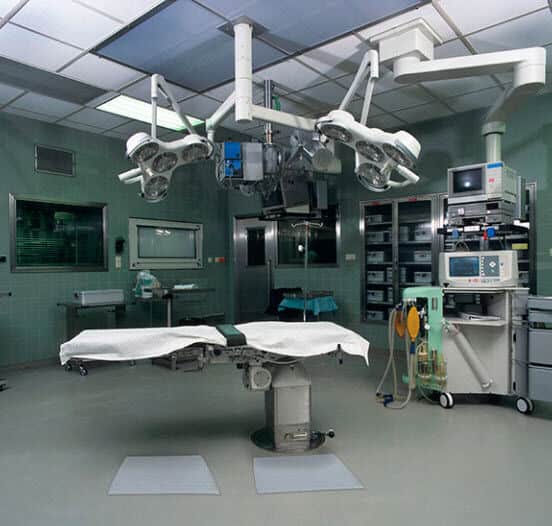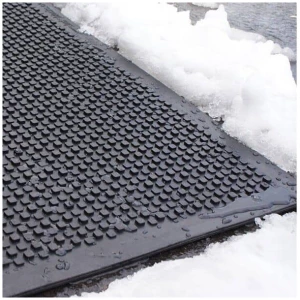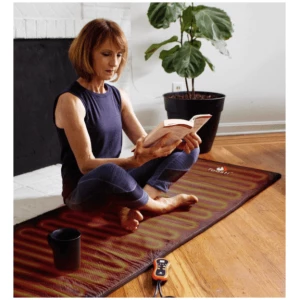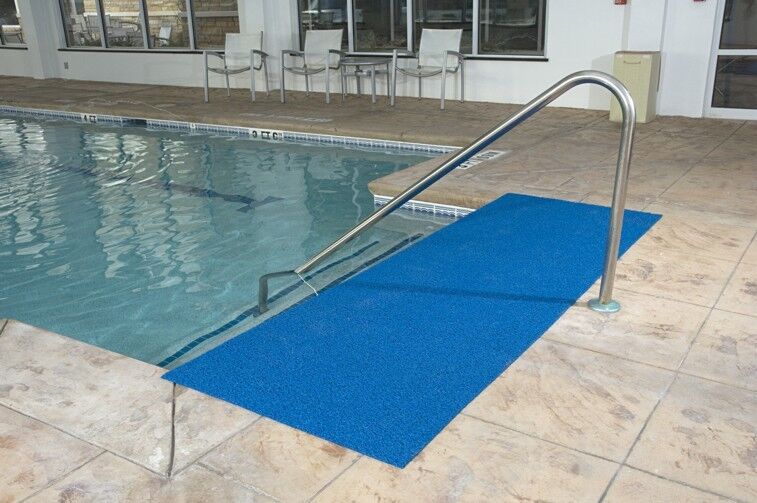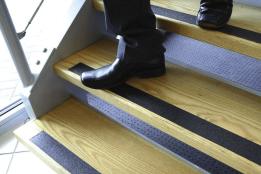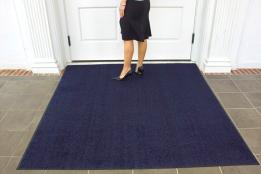Let’s face it, a hospital can be a difficult place to work. Doctors and nurses often work long hours, odd hours, are faced with incredible amounts of stress on a given shift, and are constantly running around. That said, this is some of the most important work that anyone can do, as doctors and nurses literally save lives on a daily basis. For this reason – as well as for their own physical and emotional wellbeing – it is important that doctors and nurses are not fatigued on the job. There are several steps that can be taken to reduce fatigue in a hospital setting. Below, you will find a list of measures that can be taken to help ensure that hospital staff stays alert and energized throughout their shift.
Foot Care Is Important
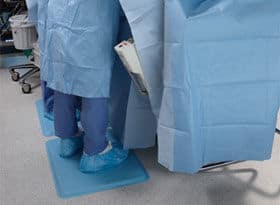
Part of the reason that doctors and nurses tend to get so fatigued is simply because they are standing and walking so many hours each day. For this reason, it is important that the acts of standing and walking (and for that matter running), are as comfortable as possible. Shoes with thick soles and good support are essential. Most major shoe companies actually make shoes that are specifically designed for nurses! These shoes are designed to provide extra support to people who are on their feet all day (or night). In addition to proper footwear, medical matting can also help reduce fatigue. This soft-yet-resilient matting is specifically designed to reduce the strain that medical employees feel from standing all day. This matting can be purchased online and delivered to your hospital.
Get Plenty Of Rest
This may seem like common sense, but the sad truth is that a lot of people in the medical field (as well as most other industries) do not get the sleep that they need on a nightly basis. To be fair, it can be difficult: you work odd hours, have families to take care of, projects to do outside of work, and need some time for yourself. That said, getting at least seven hours of sleep each night should be a priority, especially in a career like this, where so much depends on your alertness. There are some things that you can do at home to help you get that much-needed shuteye. For one, avoid caffeine in the evenings. Also, take a half hour to an hour to “wind down” before bedtime, perhaps watching TV or reading a book. This helps relax you. Finally, it might be tempting to take your laptop to bed and answer emails or work on case notes before sleeping, but this is not recommended. When your bed becomes your work station, your body has a harder time dozing off when you hit the pillow!
Take Scheduled Breaks
It can be very difficult to take scheduled breaks in a hospital setting, especially when emergencies pop up. That said, breaks are implemented for a reason: to help employees recuperate, so that they can better serve patients. While you may be able to see more patients when you work through breaks, the quality of service could suffer, as well as your own wellbeing!
